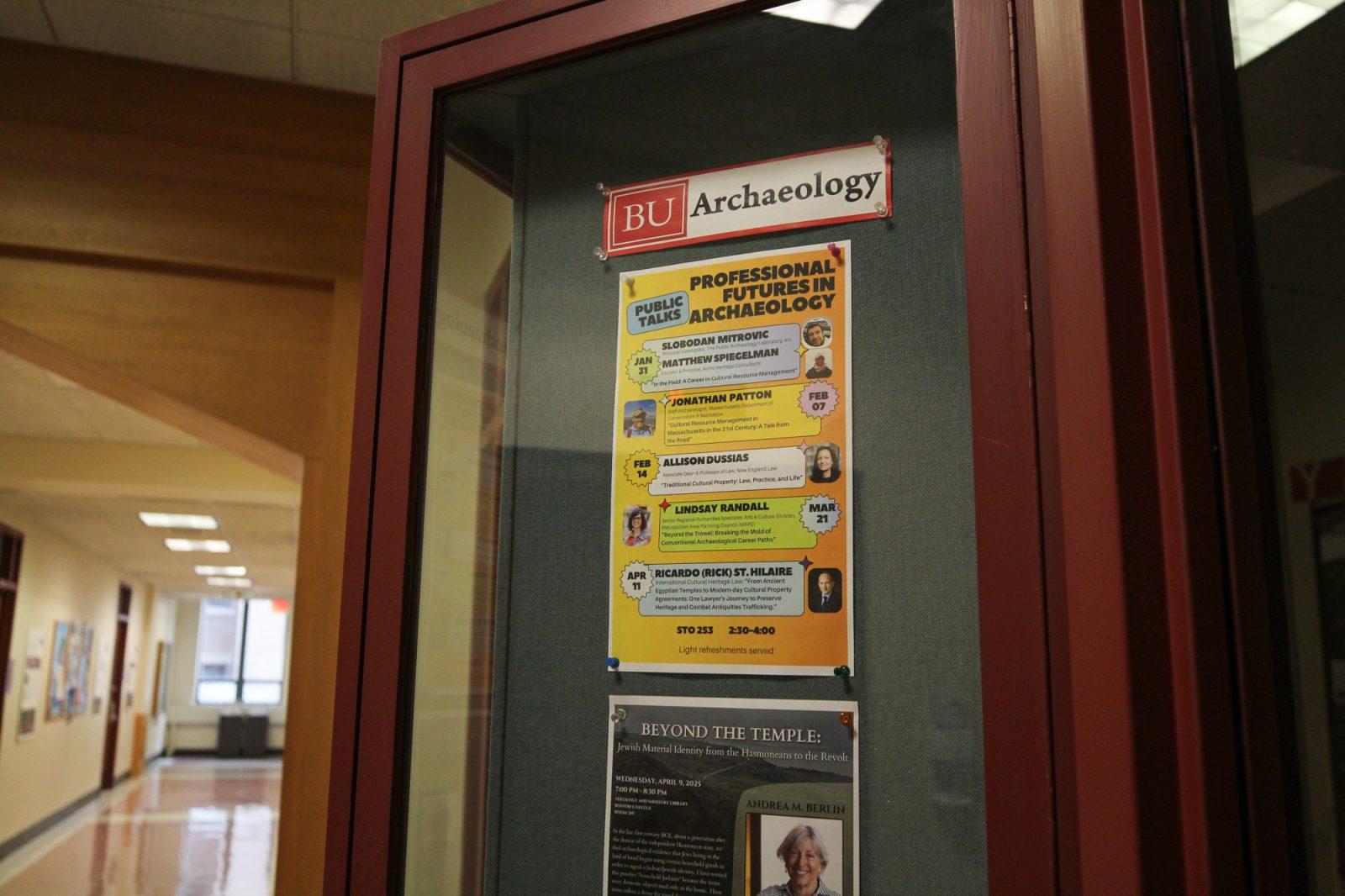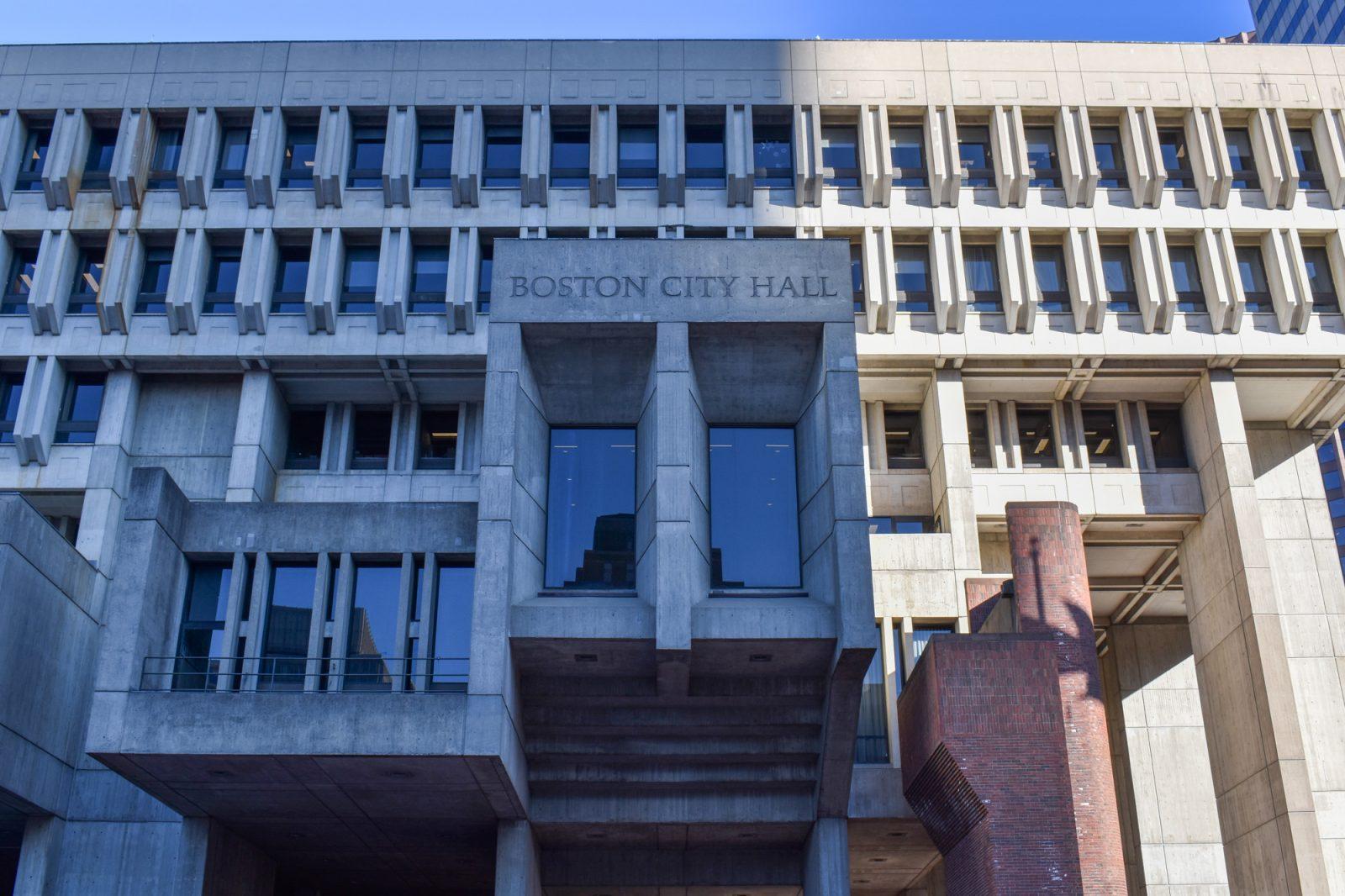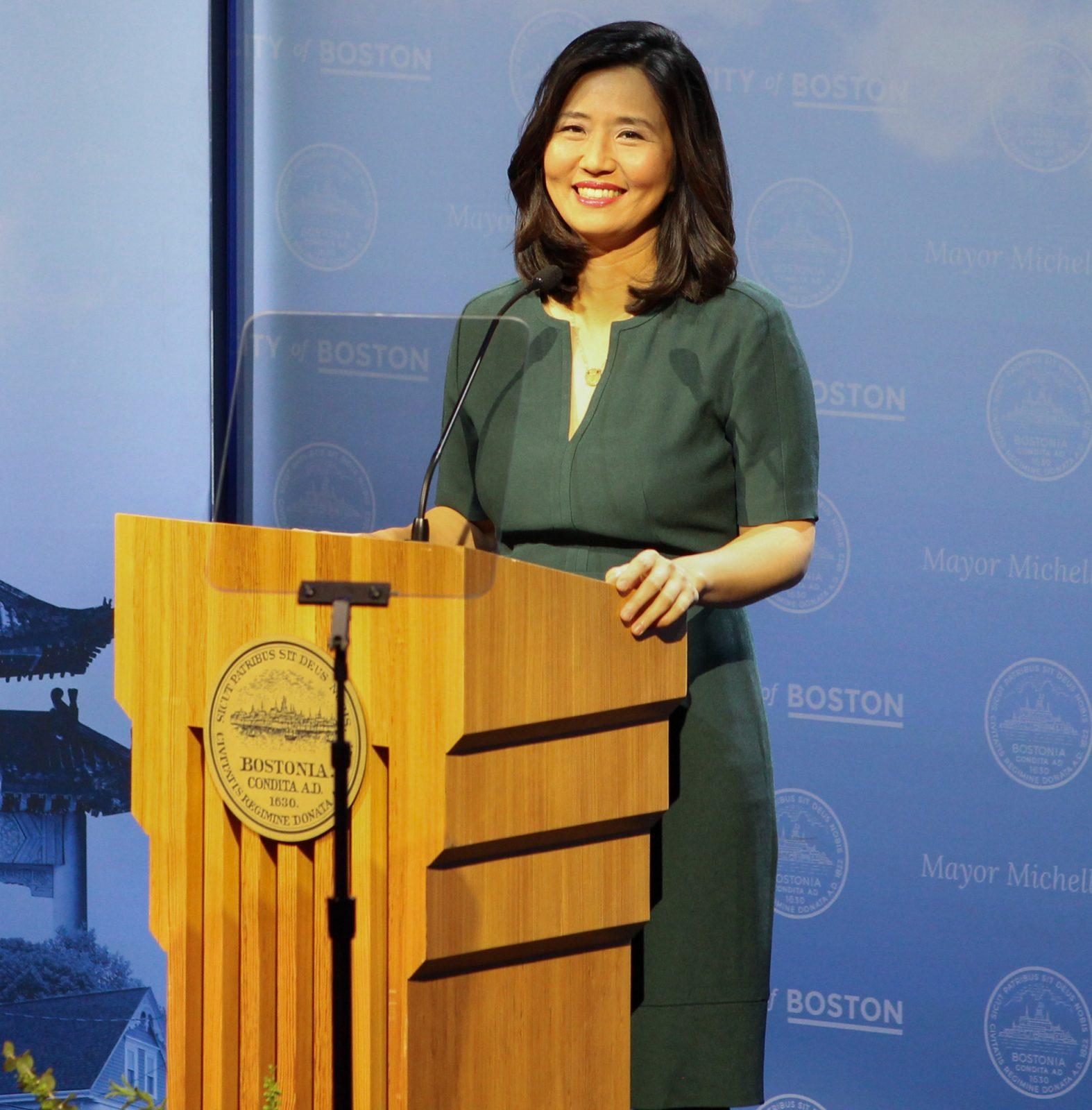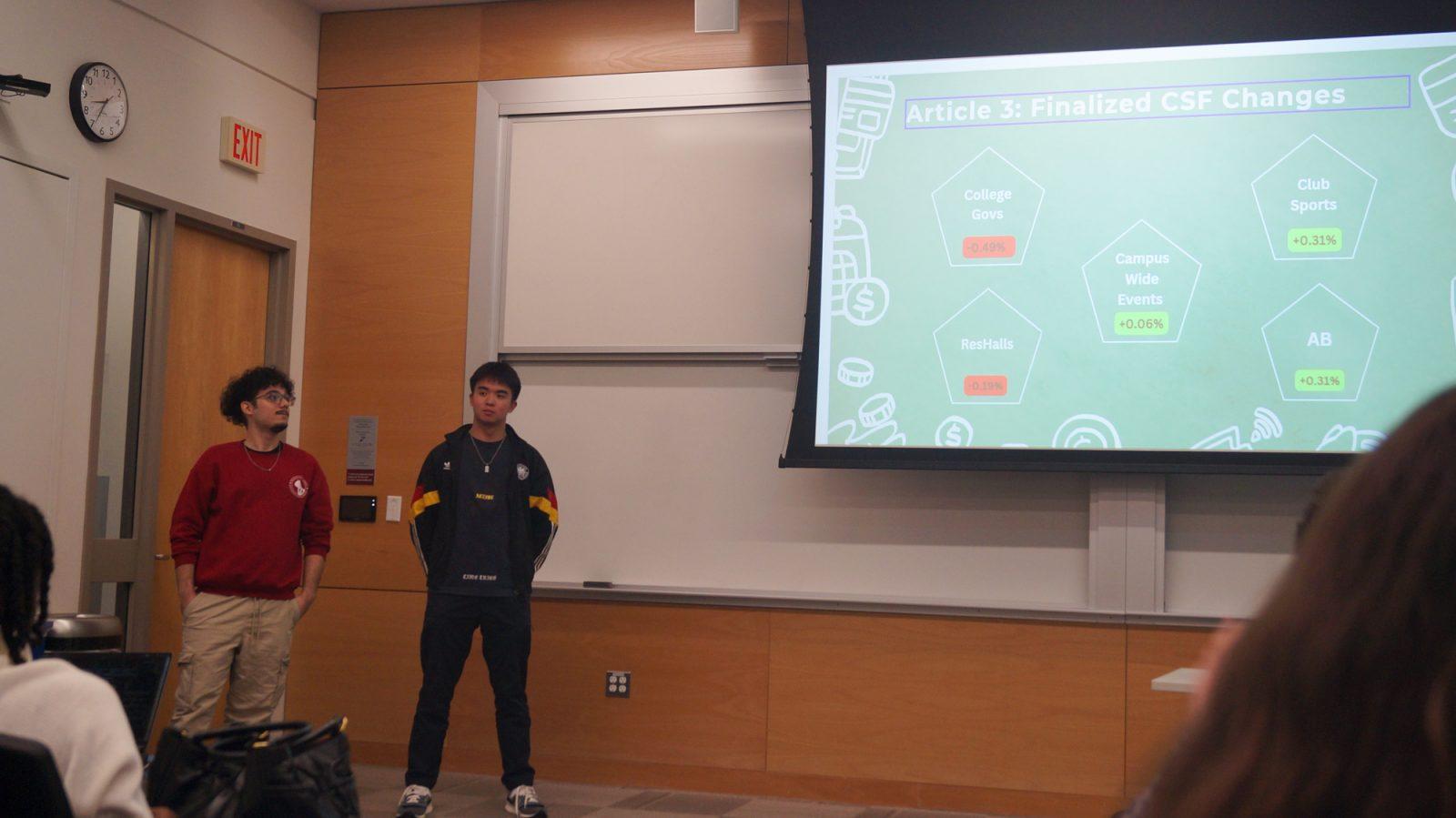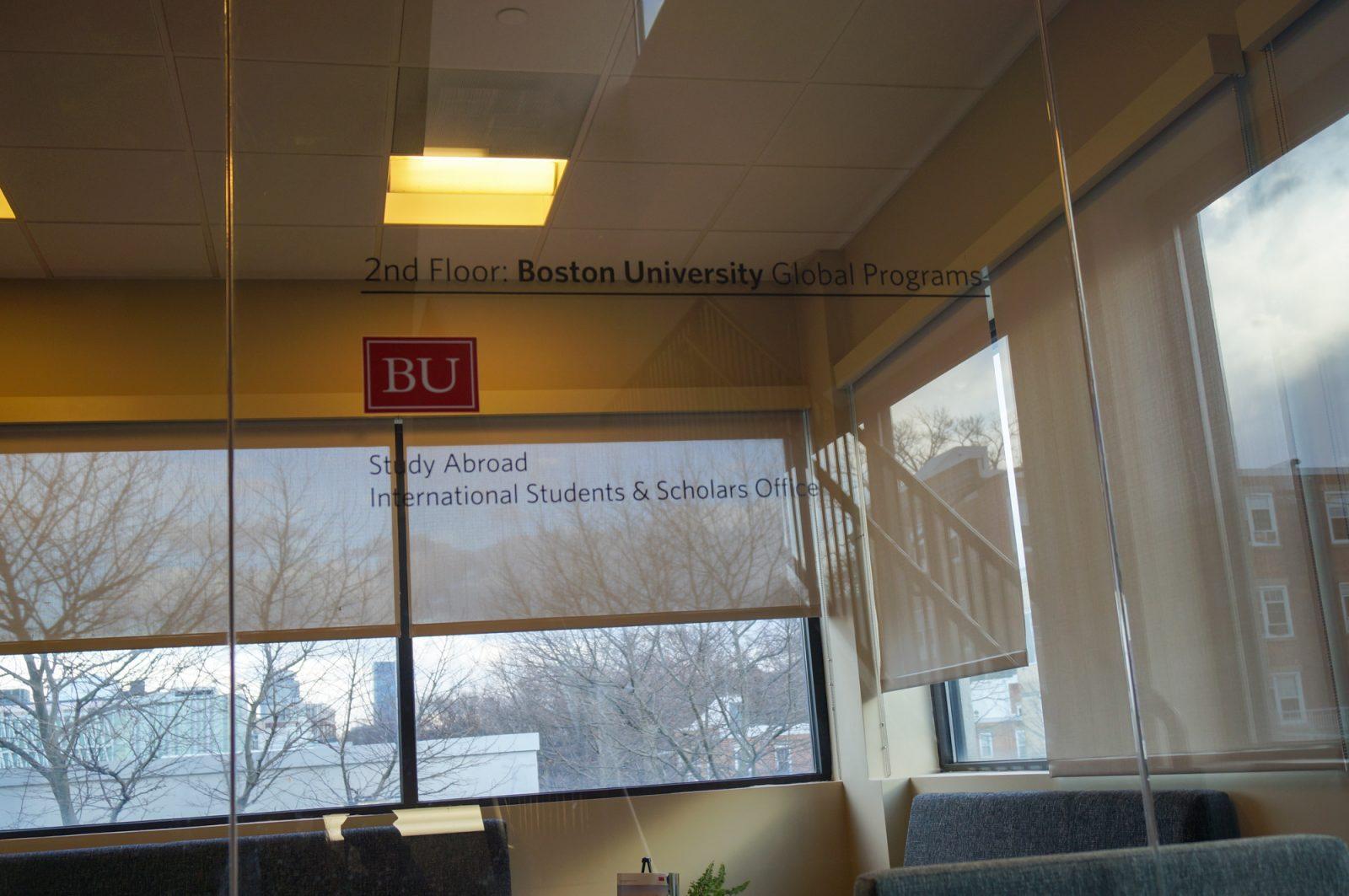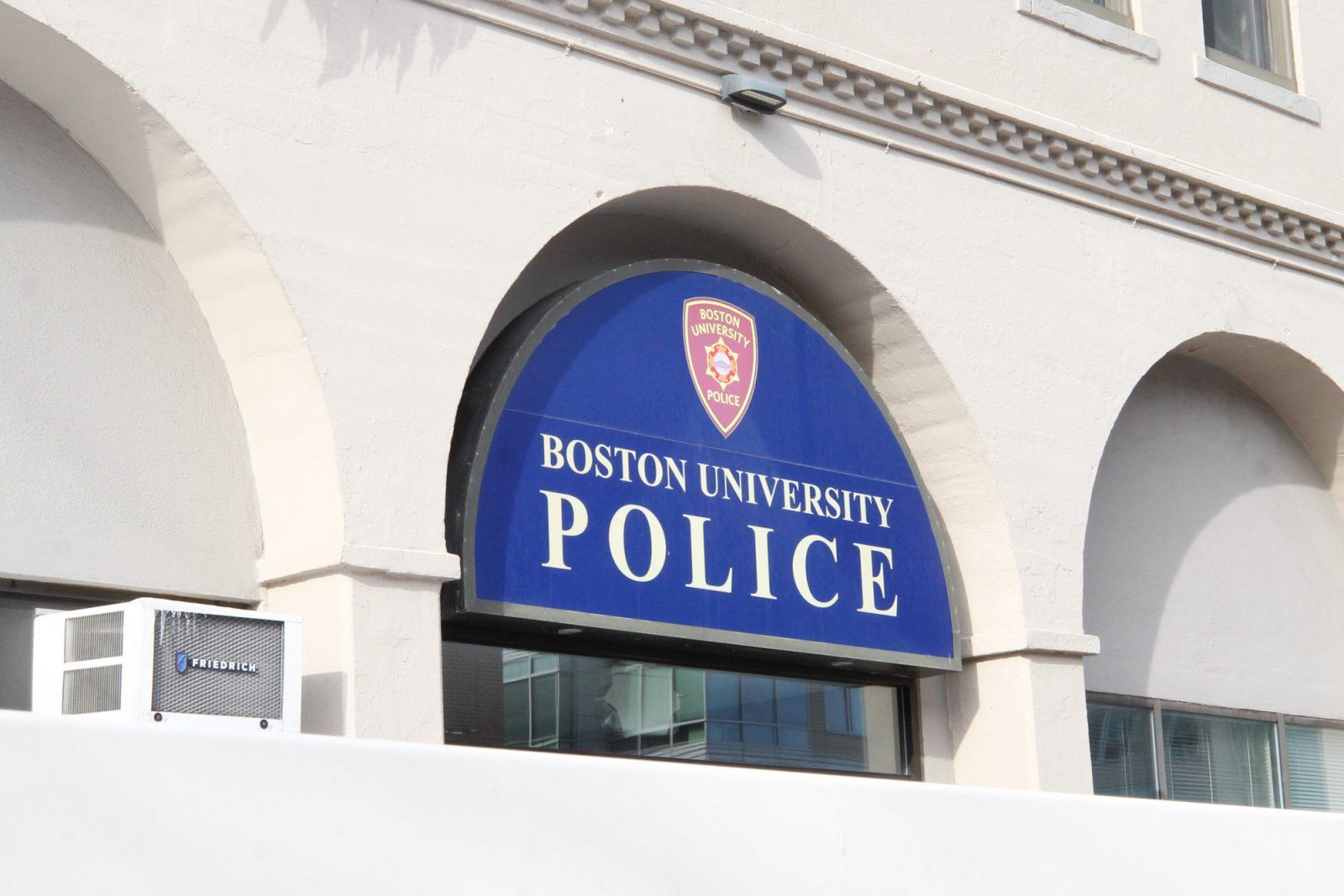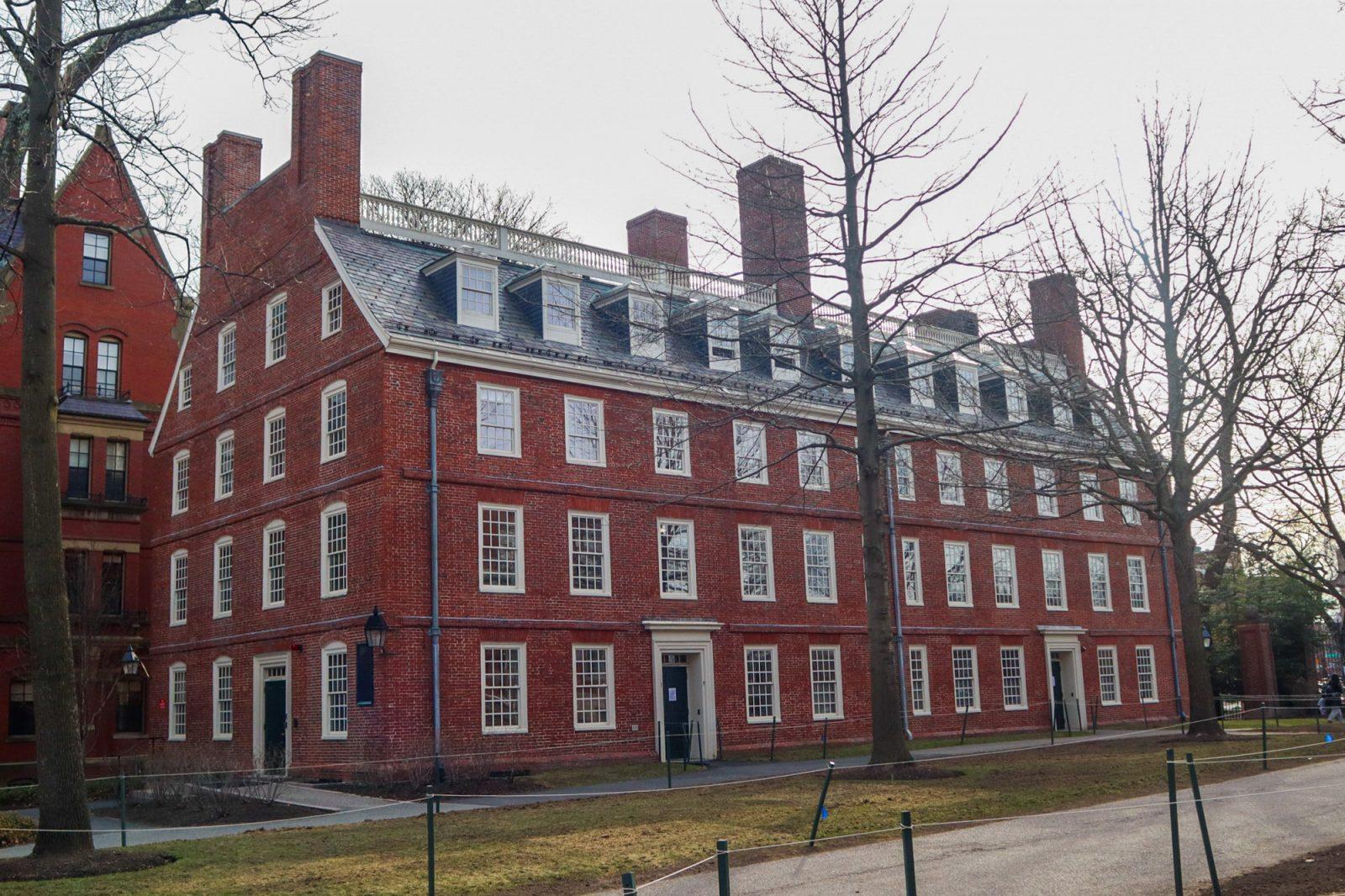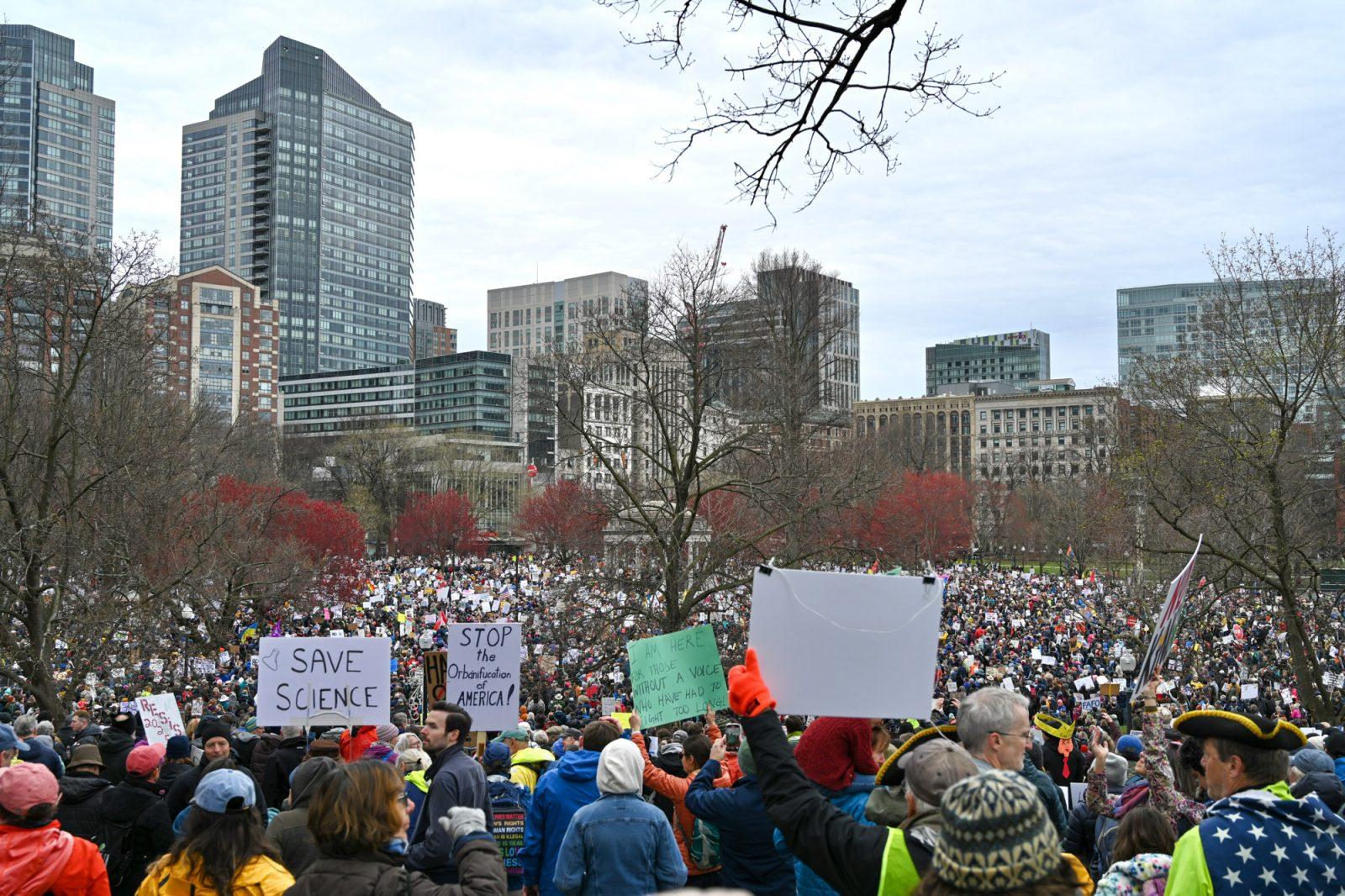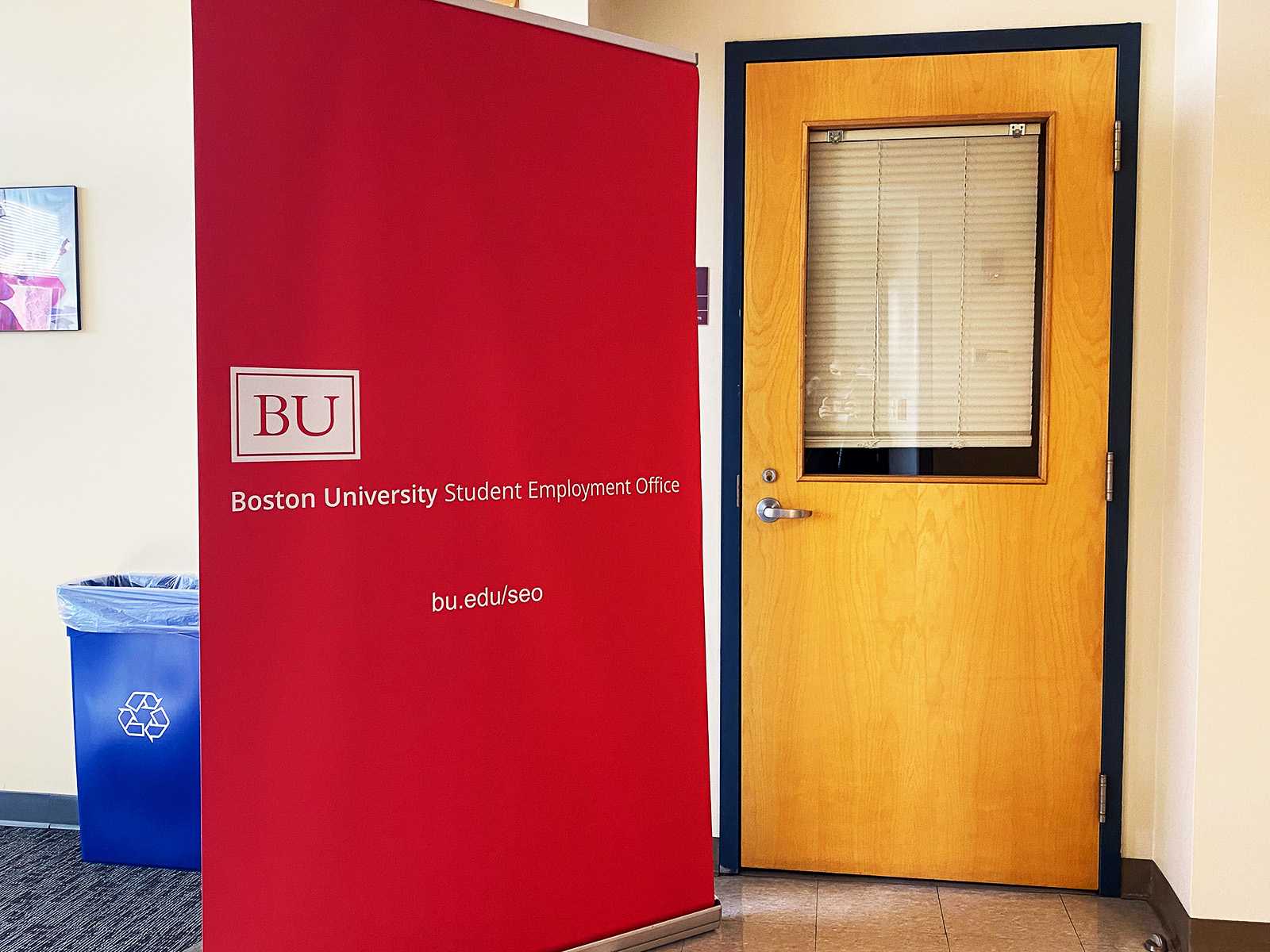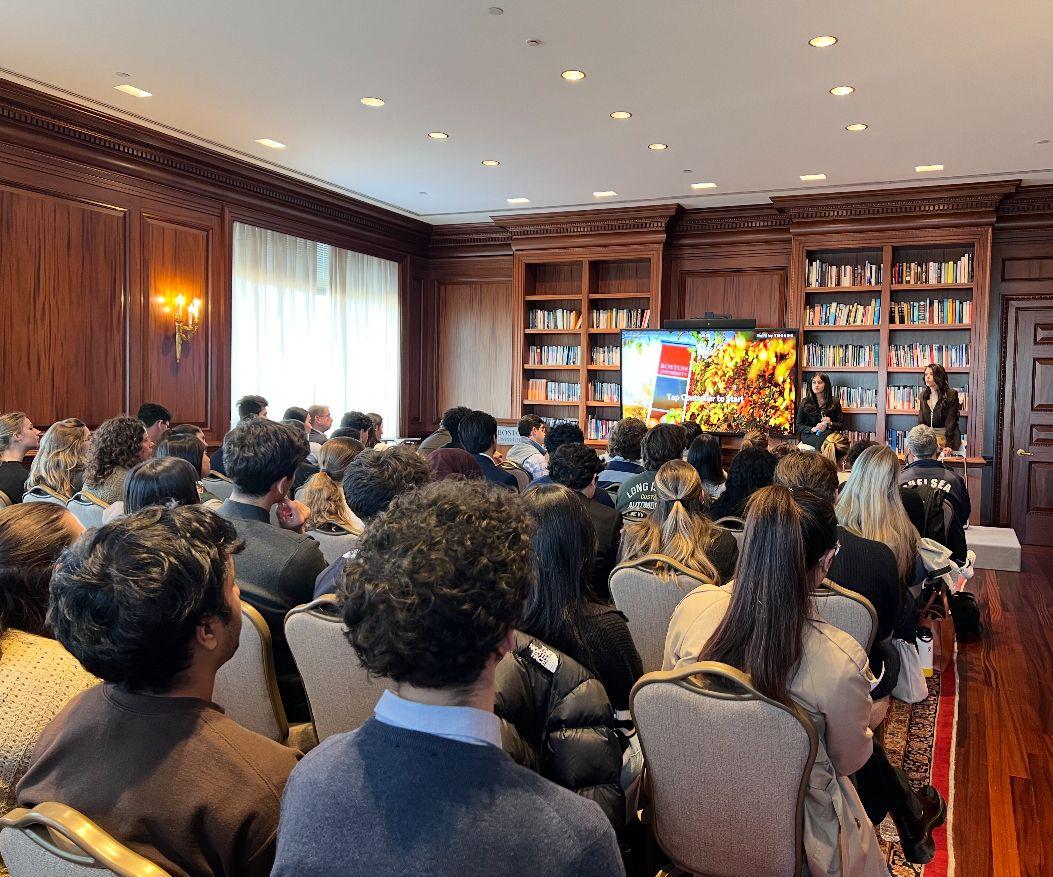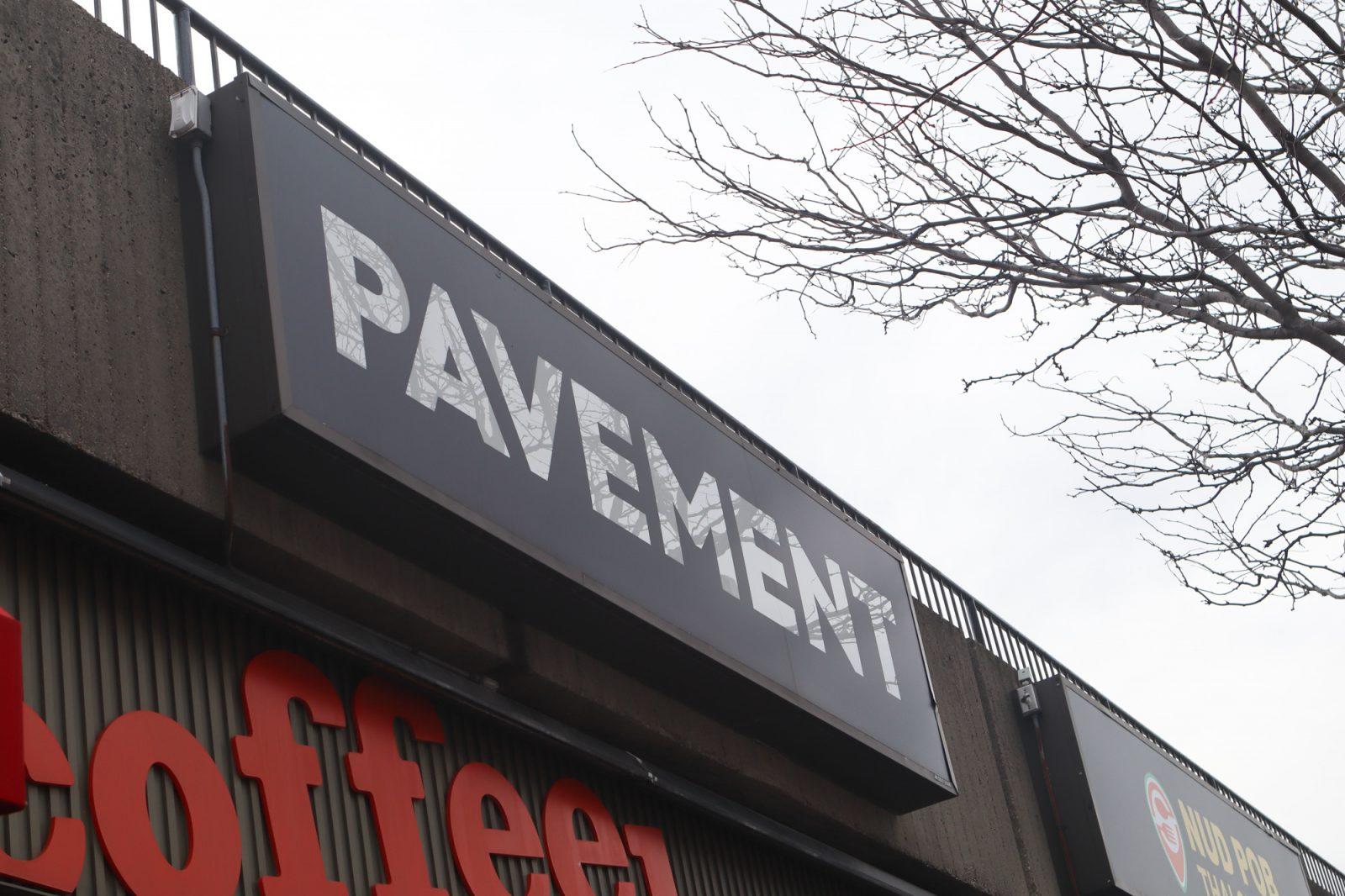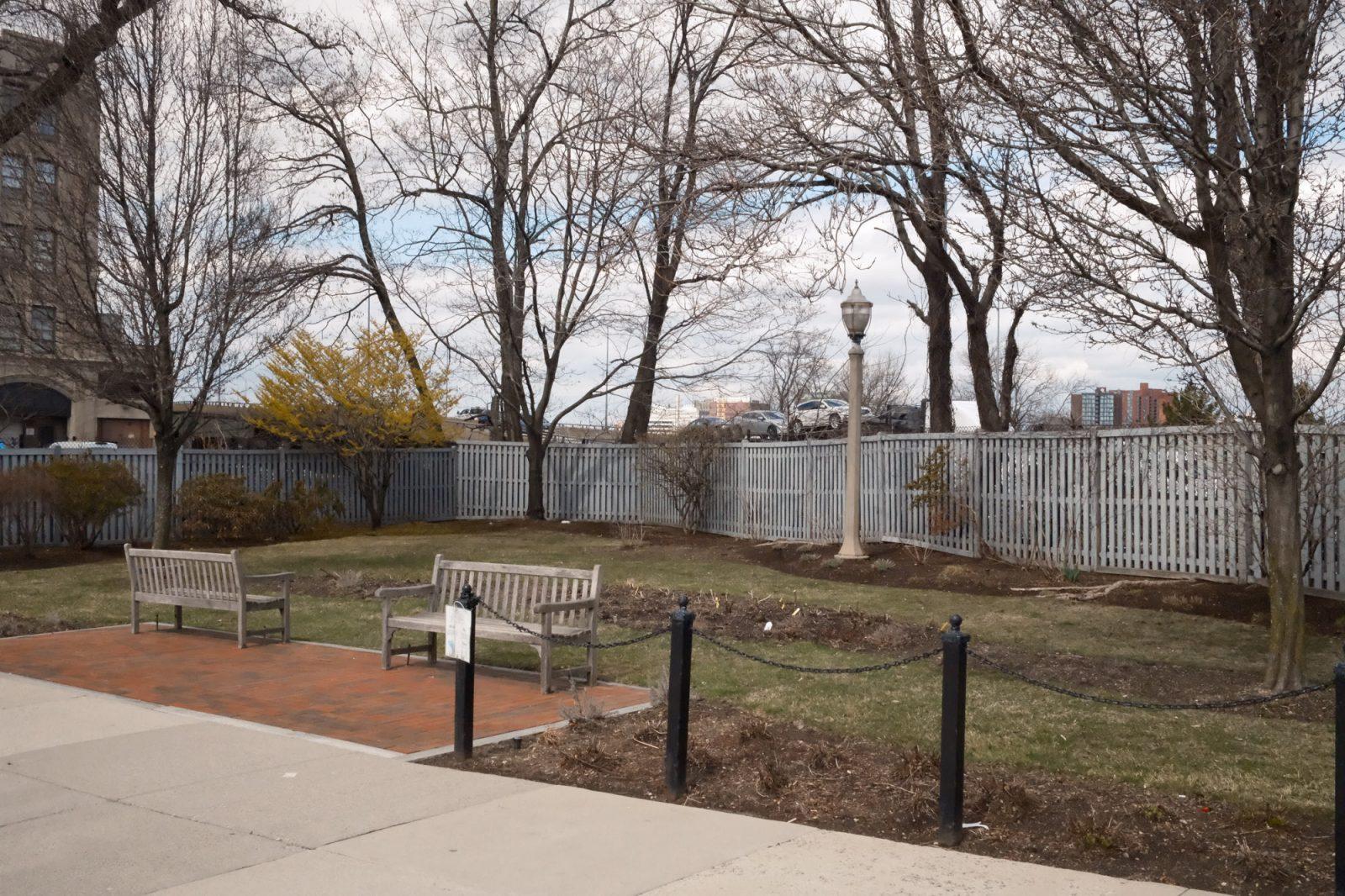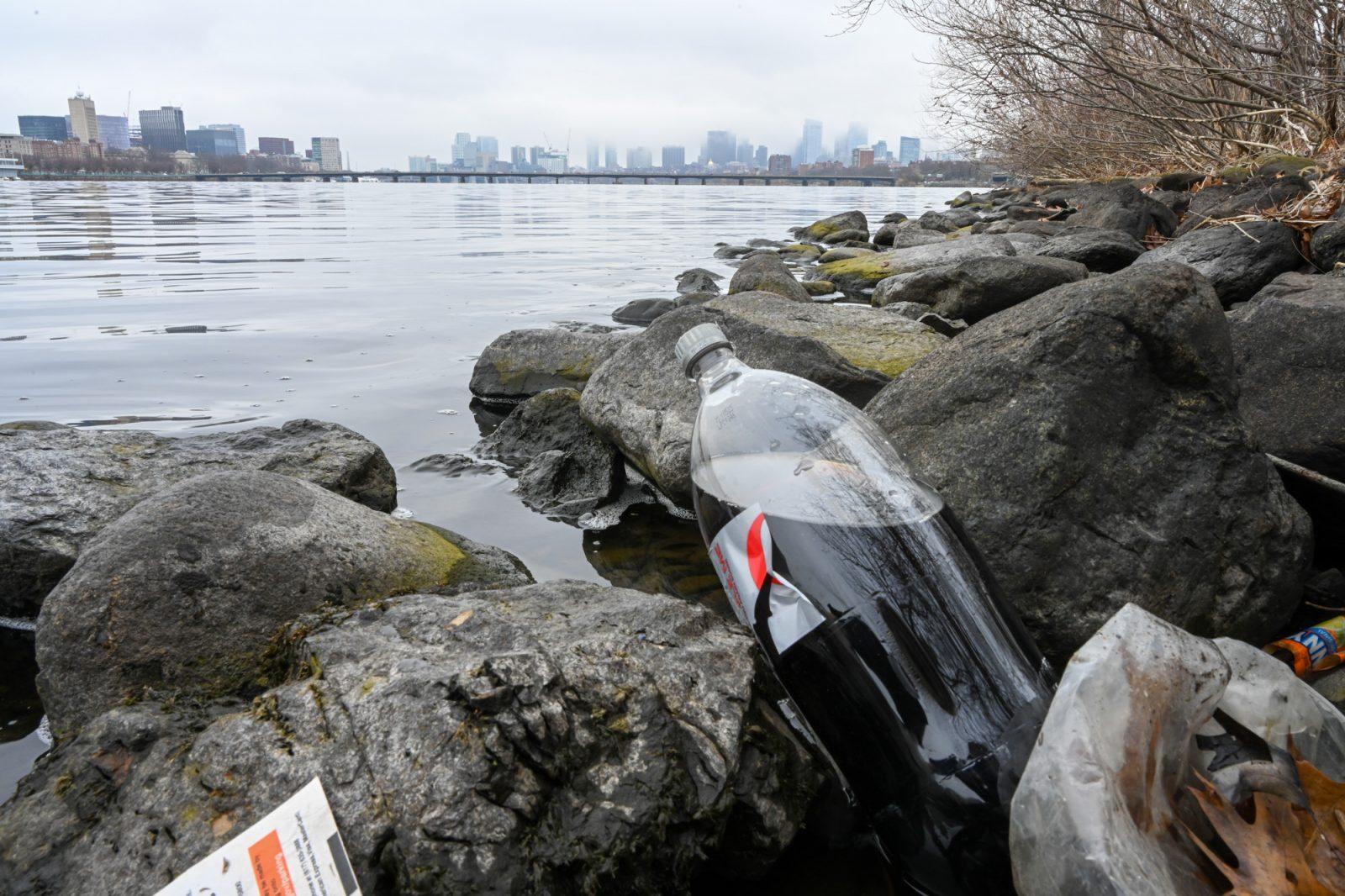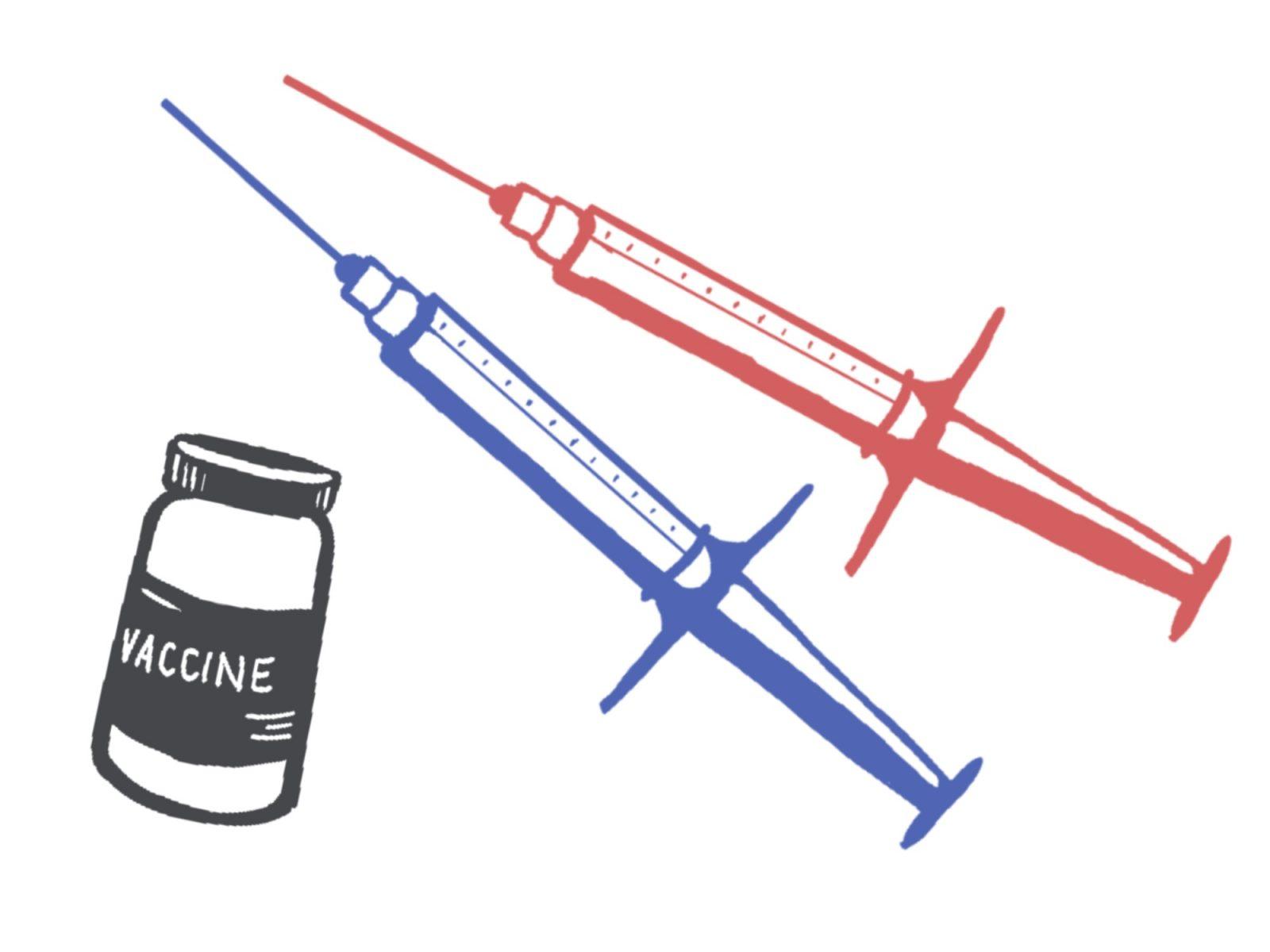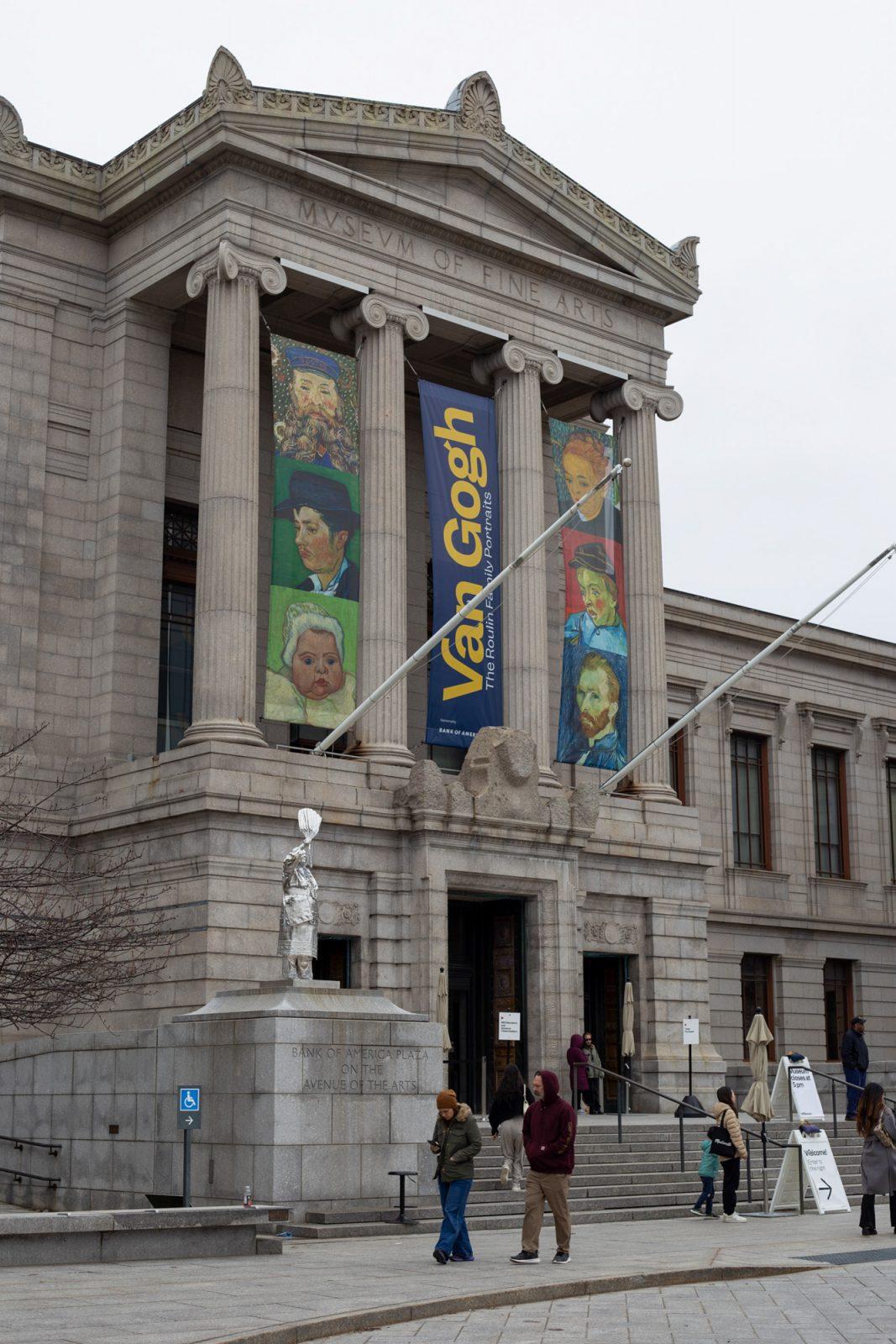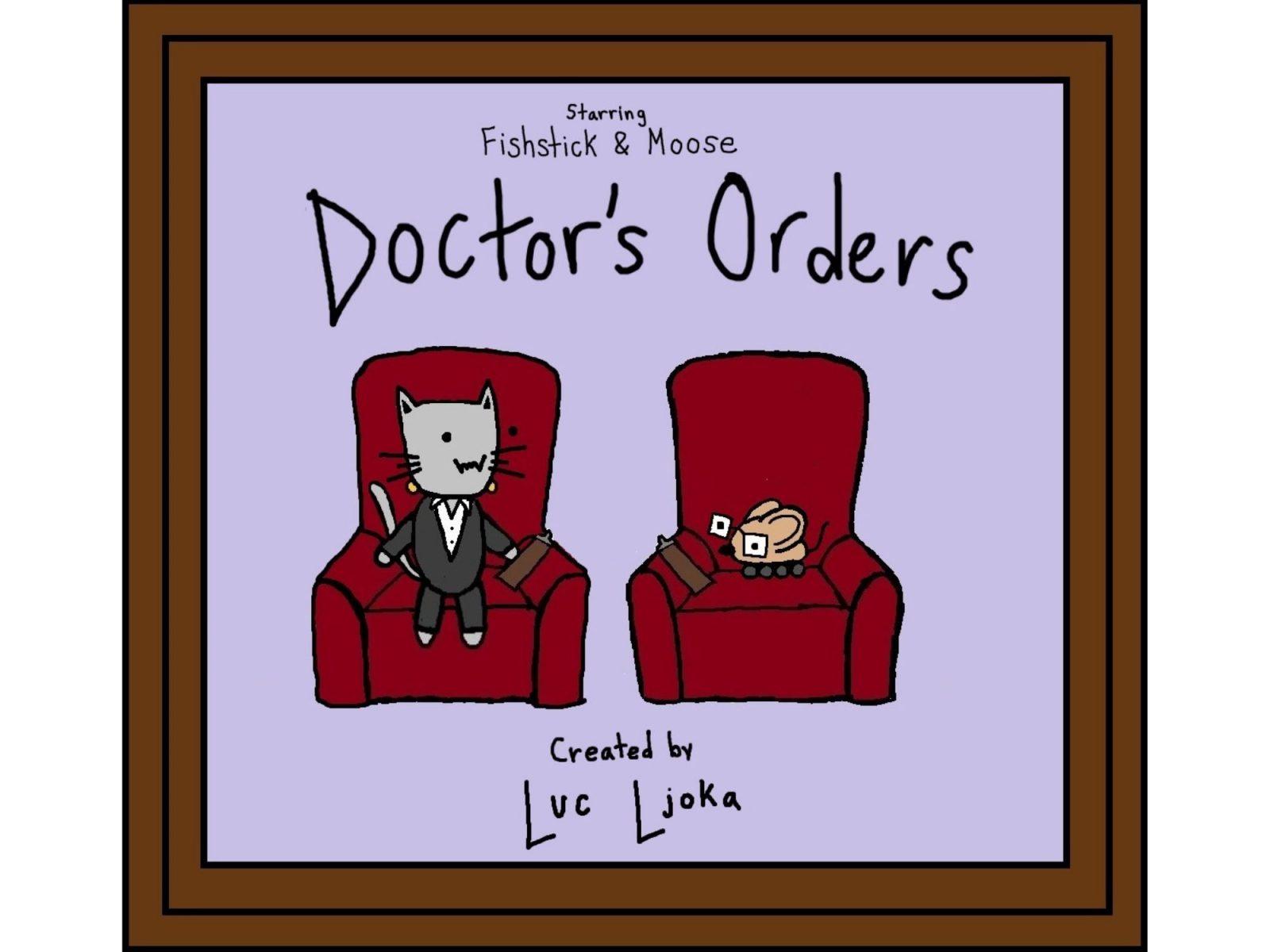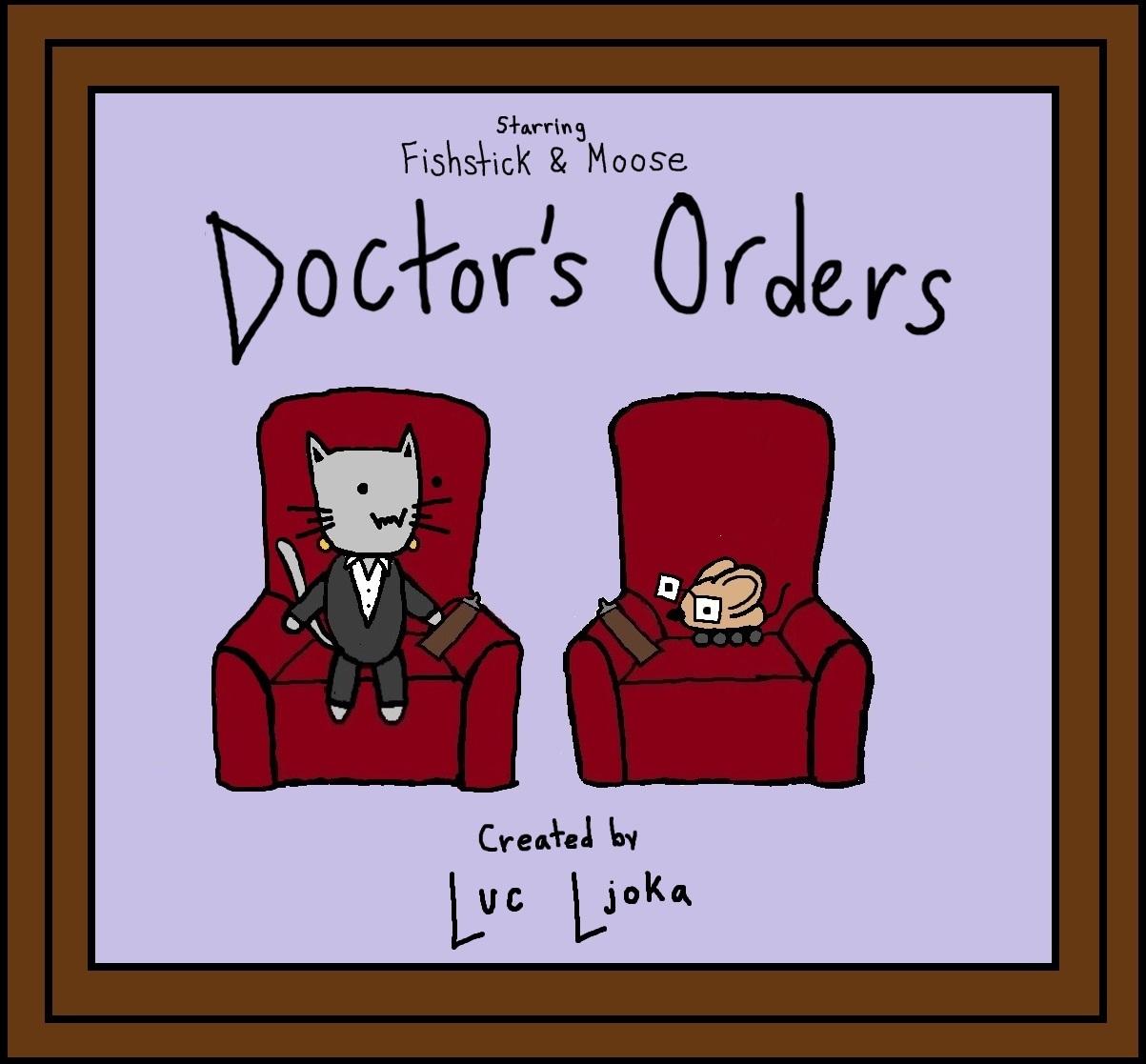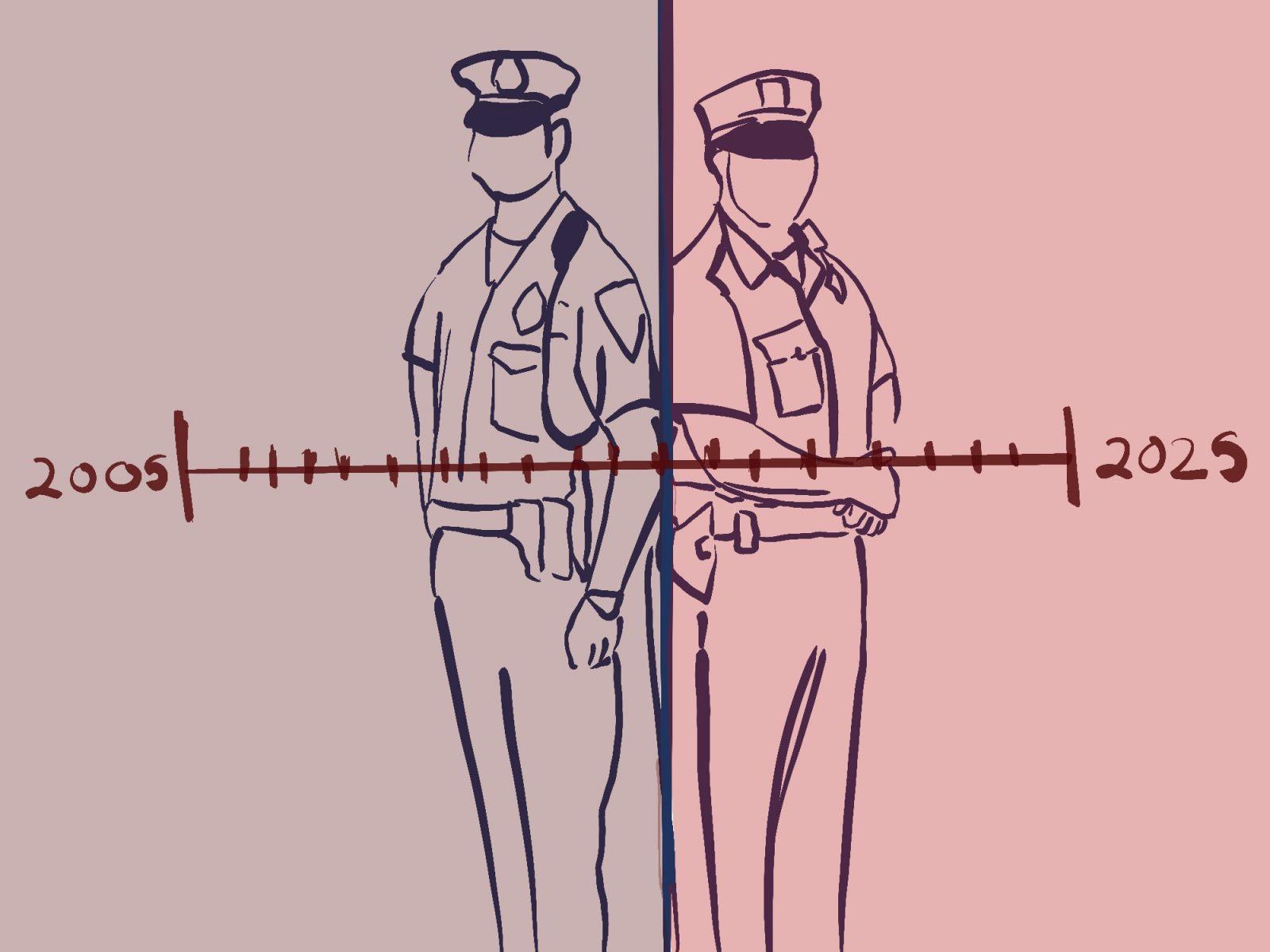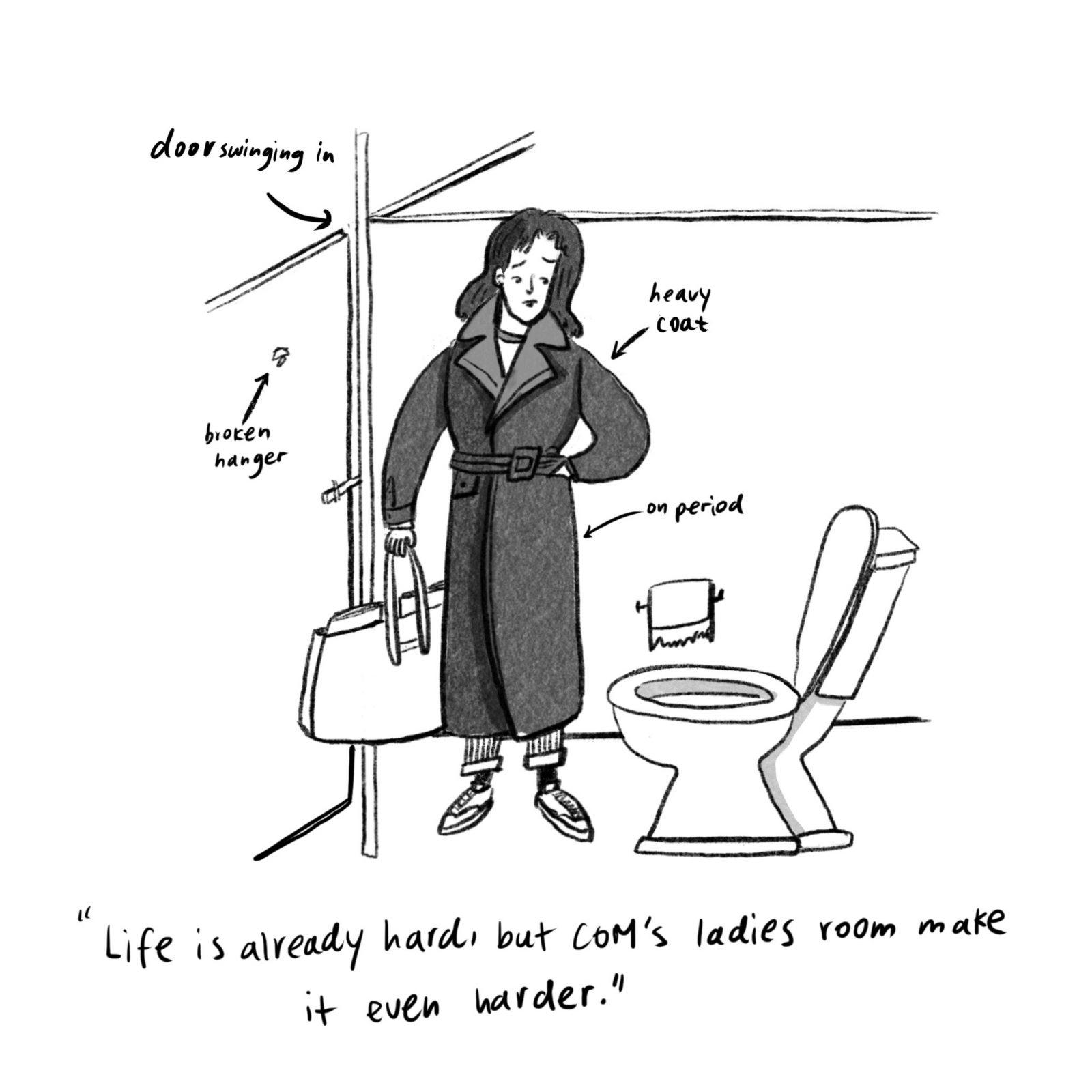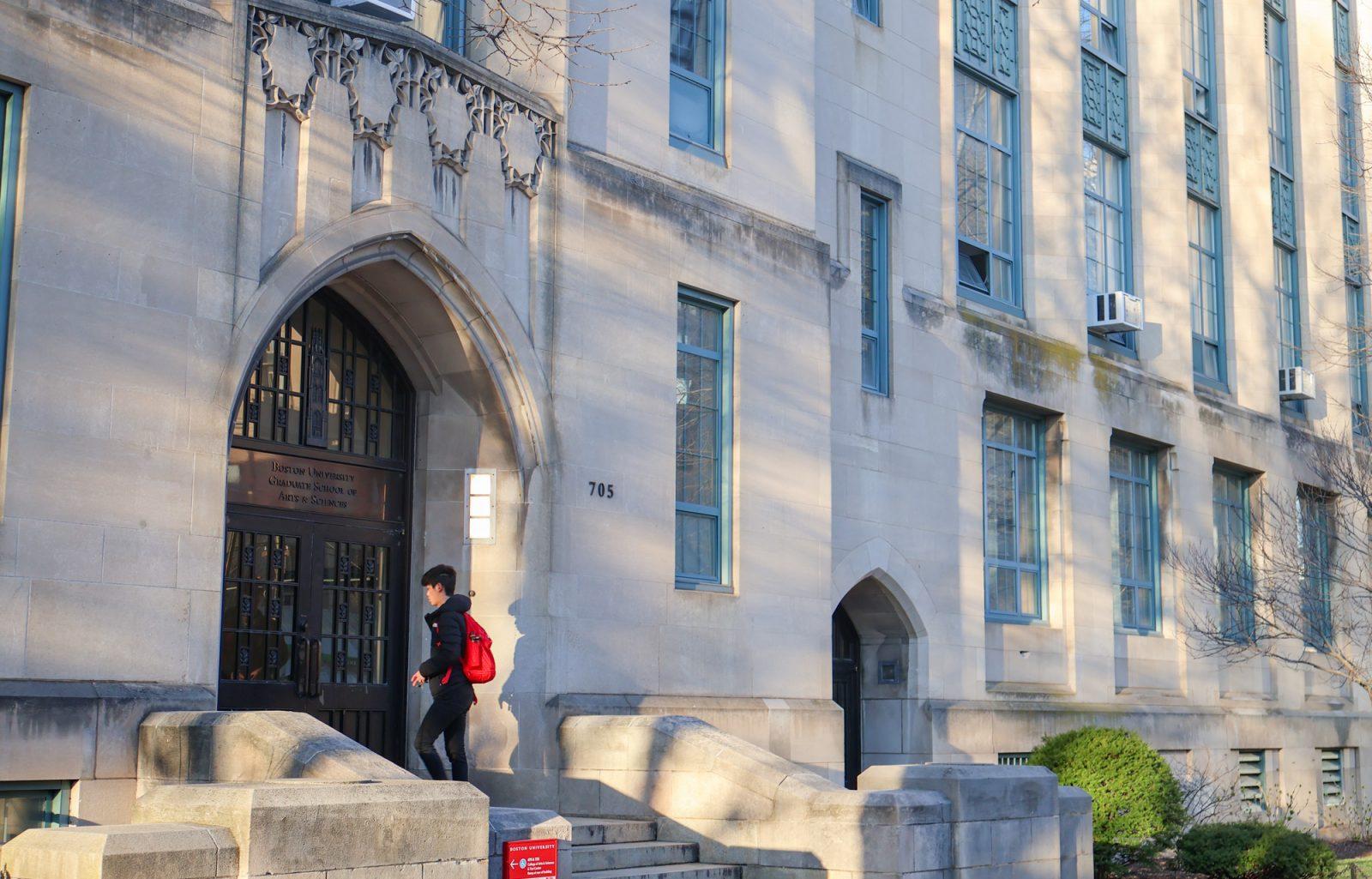The Massachusetts House of Representatives unveiled a state budget plan April 10 calling for about $1 billion less in total spending than Mass. Gov. Deval Patrick’s plan.
“In fiscal year 2014, the Committee’s top priority is higher education,” said Brian Dempsey, chairman of the Massachusetts House Committee on Ways and Means in a letter April 10. “Simultaneously, the proposal … acknowledges our commitment to protecting and assisting our most vulnerable residents.”
The committee announced its $33.8 billion budget, an increase in spending by 3.8 percent over the current fiscal year, according to the letter.
Patrick’s plan, released Jan. 23, called for a 6.9-percent increase in spending and increase of the income tax from 5.25 percent to 6.25 percent. The House’s plan does not include an increase in the income tax.
Despite the increase in spending, the state is still growing at a slow post-recession rate, said Michael Widmer, president of the Mass. Taxpayer Foundation.
“The budget reflects the state’s weak fiscal situation. The state is growing because the economy is growing, but [the growth] is weak,” he said. “Revenues for next year are estimated to grow at a little less than four percent, and that compares to maybe six or seven percent in a usual economic recovery. Therefore, we just don’t have the revenues to do much in the way of restoring the cuts that took place during the recession.”
Despite the slow growth, Dempsey said improvements to higher education in the Commonwealth are necessary.
“Our proposal targets over $29 million in revenue, associated with the licensing of gaming facilities, to our community colleges and prioritizes the implementation of the Speaker’s STEM Academy Initiative,” Dempsey said in the letter. “We also increase funding to our state universities and invest in the UMass system to enable them to meet their goal of a 50/50 split, allowing them to freeze tuition and fees.”
Noah Berger, president of the Massachusetts Budget and Policy Center, said although funding to higher education is important, early education should have been a greater priority within the budget.
“[Governor Patrick] proposed a $1.9 billion tax package that would have funded significant new investments in early education and in K-12 education,” Berger said. “The House chose not to follow that path and not to make those investments in early education and K-12 education. In terms of the state’s capacity to make long-term investments in its people that would strengthen our economy, that may be a missed opportunity.”
Berger said the committee could have emulated Patrick’s budget more to further improve higher education.
“The House Ways and Means budget does make significant improvements in the funding of higher education, particularly funding directly for our community colleges, state universities and the University of Massachusetts,” Berger said. “The governor had proposed both those kind of increases and also significant increases in scholarship funding … but they [the Committee] did not also fund the scholarships at higher levels.”
Berger said there would be many opportunities for changes to be made before the budget passes on to the Senate’s Committee on Ways and Means.
“There will be a budget debate process [April 22 to April 26] and usually during that budget debate there are changes made to the budget,” he said. “There probably will be in different places of the budget amendments adopted.”
Despite the lagging recovery growth, Widmer said the budget is appropriate for the economic status of the Commonwealth.
“[The budget] reflects the state’s tight fiscal situation, which is likely to be with us for some time to come,” he said, “but I think, under the circumstances, that it’s a reasonable budget.”

